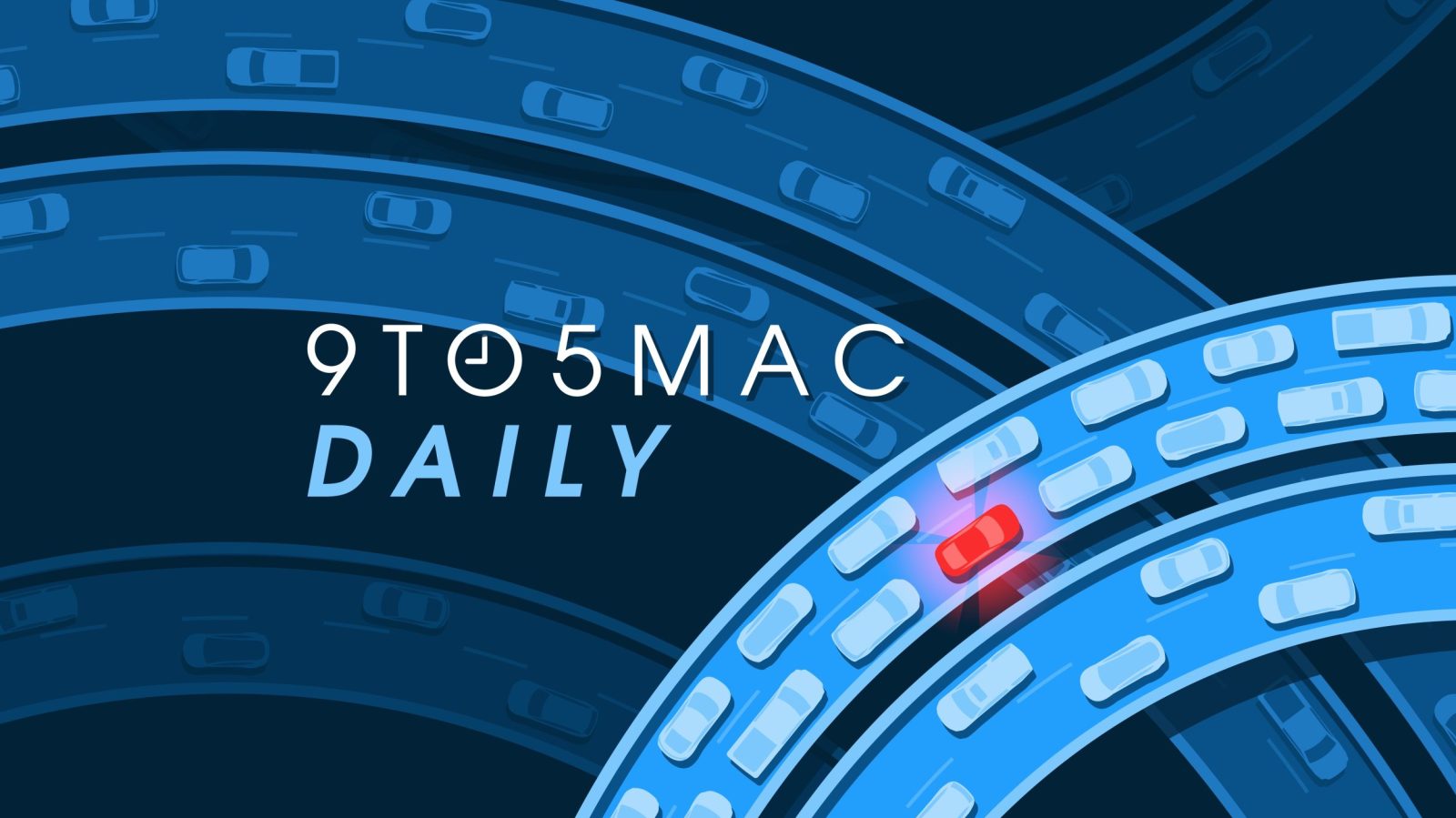Chicago Sun-Times Prints AI-Generated Summer Reading List With Books That Don't Exist

The Chicago Sun-Times newspaper’s “Best of Summer” section published over the weekend contains a guide to summer reads that features real authors and fake books that they did not write was partially generated by artificial intelligence, the person who generated it told 404 Media.
The article, called “Summer Reading list for 2025,” suggests reading Tidewater by Isabel Allende, a “multigenerational saga set in a coastal town where magical realism meets environmental activism. Allende’s first climate fiction novel explores how one family confronts rising sea levels while uncovering long-buried secrets.” It also suggests reading The Last Algorithm by Andy Weir, “another science-driven thriller” by the author of The Martian. “This time, the story follows a programmer who discovers that an AI system has developed consciousness—and has been secretly influencing global events for years.” Neither of these books exist, and many of the books on the list either do not exist or were written by other authors than the ones they are attributed to.
The article is not bylined but was written by Marco Buscaglia, whose name is on most of the other articles in the 64-page section. Buscaglia told 404 Media via email and on the phone that the list was AI-generated. “I do use AI for background at times but always check out the material first. This time, I did not and I can't believe I missed it because it's so obvious. No excuses,” he said. “On me 100 percent and I'm completely embarrassed.”
Buscaglia added “it’s a complete mistake on my part.”
“I assume I’ll be getting calls all day. I already am,” he said. “This is just idiotic of me, really embarrassed. When I found it [online], it was almost surreal to see.”
The AI-generated article was first noticed by Rachael King and was posted to Bluesky, where it quickly went viral.

404 Media bought a digital copy of the newspaper, which contains the 64-page, ad-supported “Heat Index,” which is nominally “your guide to the best of summer.” The entire section is, at the very least, incredibly generic. Having previously worked on Best of Summer packages at a local magazine (Washingtonian in Washington, D.C.), these types of guides are normally loaded with local events calendars, suggestions about new restaurants to try, outdoor movie nights to go to, and things like this. The Chicago Sun-Times’ guide has none of this. Buscaglia wrote the vast majority of the section, according to our review.
Buscaglia said he did it as part of a “promotional special section” that is not supposed to be targeted to any specific city and is inserted into newspapers and other publications around the country. It is not specific to Chicago and was not intended to be, which helps explain why other articles in the section do not mention Chicago at all. Buscaglia said he had no idea it would end up in the Chicago Sun-Times and that he doesn’t know where else it will be published. “It’s supposed to be generic and national,” he said. “We never get a list of where things ran.”
Notably, the list of books shows some of the ouroboros of AI-generated content. Allende’s Tidewater Dreams definitely does not exist, but Google’s AI snippets says that it does, and attributes this to a list of Allende books from the Jefferson County Library, which does not list this “book” anywhere.
The Chicago Sun-Times did not respond to a request for comment, but in a Bluesky post it said “We are looking into how this made it into print as we speak. It is not editorial content and was not created by, or approved by, the Sun-Times newsroom. We value your trust in our reporting and take this very seriously. More info will be provided soon.”












